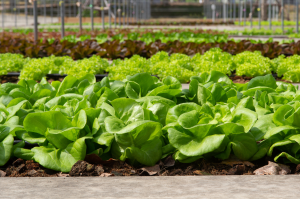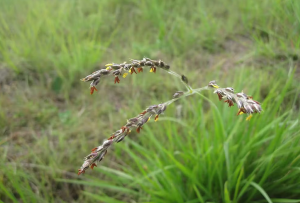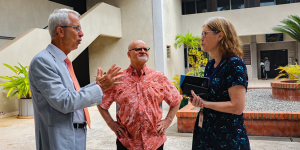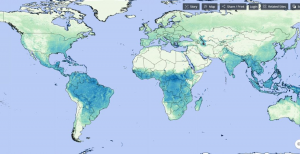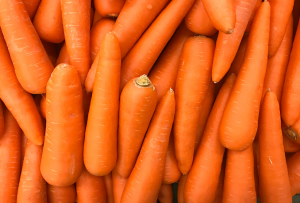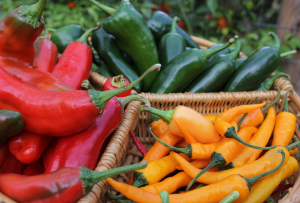Researchers from various institutions used CRISPR to identify the connection between the mutations of certain genes and autism. Their findings may be used for future research and therapeutic interventions. Autism is a heritable disorder that affects about 1 in 40 children in the USA. Previous studies revealed many genes that are related to autism, but it is difficult to analyze how mutations in specific genes affect brain activity and function.
Researchers from Switzerland reviewed cell-based biotechnology approaches that were used for the production of milk bioactives. The review also discussed the costs, challenges of scale, and socio-political aspects of human milk production. Cellular agriculture can offer an alternative to traditional farming and ensures ingredient safety, nutritional quality, and security of food products. To identify its application in dairy, researchers from Nestlé Institute of Health Sciences and Nestlé Product Technology Center reviewed cell culture-based techniques that can be used to produce milk bioactives.
Researchers from the National Academy of Sciences of Ukraine and Nomad Bioscience GmbH in Germany produced genetically modified (GM) lettuce (Lactuca sativa L.) and mizuna (Brassica rapa subsp. nipposinica var. laciniata) that stably express Colicin M (ColM), a non-antibiotic antimicrobial protein found in some strains of Escherichia coli (E. coli). E. coli has long been a common cause of food-borne illnesses, resulting in various diseases and, in some cases, death.
A new study reveals that grasses may transfer genes from their neighbors in the same way that genetically modified (GM) crops are made. This research is the first to show how frequently grasses exchange genes in the wild through the process called lateral gene transfer, also known as horizontal gene transfer. The evolutionary shortcut allows grasses to grow faster, bigger, taller, and stronger, and adapt to new environments quicker.
Following the recent partnership between IITA–CGIAR and the government of the Netherlands for the implementation of the YAS Project with IITA Youth Agripreneurs, Dutch Ambassador Wouter Plomp visited the Institute on 2-4 October. The Youth in Agribusiness: Enabling Scaling of Innovative Technologies for Sustainable Food (YAS) Project was launched earlier this year to enhance economic growth, job creation, and sustainable food systems and nutrition security in Nigeria.
One of the most innovative tools in water management and governance is going global. WaPOR, as it is widely known, is expanding its geospatially driven coverage to the whole world, following six years of successful use in Africa and the Near East. The new and improved version was launched today at the Food and Agriculture Organization of the United Nations (FAO) at the 2nd Rome Water Dialogue and on the sidelines of the Global Symposium on Soils and Water.
Rice University scientists made base editing safer and more precise by giving it an on/off switch. Their findings are published in Nature Communications. DNA base editors are tools that use parts of a CRISPR system to change one letter in a base pair. It enables the correction of a point mutation without cutting through the entire DNA.
A new study of the genetic code of more than 600 types of carrots reveals that three specific genes are required to give carrots an orange color. Surprisingly, these three required genes all need to be recessive or turned off. Researchers from North Carolina State University (NC State) and the University of Wisconsin-Madison worked to sequence 630 carrot genomes in a continuing examination of the history and domestication of the orange carrot.
An international team, including scientists from the Boyce Thompson Institute's (BTI) Fei Laboratory, has sequenced the genomes of key cultivated and wild pepper species, offering unprecedented insights into pepper evolution, domestication, and genetic diversity. The Capsicum genus, commonly called pepper or paprika, belongs to the nightshade family, which includes about 35 species. The research team discovered that the two main domesticated species have been selectively bred in different ways, affecting traits such as fruit size, shape, and spiciness.
Researchers from ETH Zurich have developed a method to genetically modify individual animal cells. Using the CRISPR-Cas gene scissors, the researchers aim to simplify and speed up the research process with laboratory animals by simultaneously making several gene changes in the cells of a single animal. The causes of genetic diseases are usually determined by multiple genes. However, it is difficult for scientists to determine specific genes involved in the disease.


 Curently online :
Curently online :
 Total visitors :
Total visitors :


